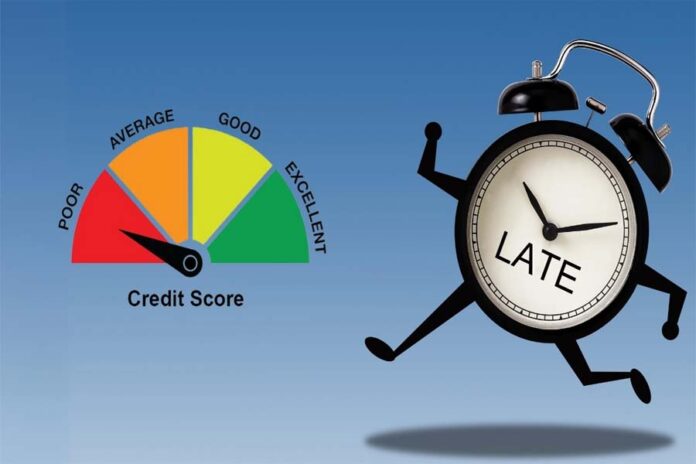Many people tend to overlook their CIBIL score, but a low or poor credit score can cause significant problems when applying for a loan. Conversely, a good CIBIL score can make obtaining a loan much easier. In the banking system, a favorable CIBIL score simplifies various processes, while a poor score can hinder them. A common question is whether the CIBIL score can ever become zero. If so, what would be the implications? Let’s delve into what a CIBIL score is and the five disadvantages you could face if your score is poor.
Can a CIBIL Score Ever Be Zero?
The CIBIL score is a three-digit number that ranges between 300 and 900 points. The lowest possible score is 300, meaning the CIBIL score cannot drop to zero. This score reflects your creditworthiness, based on factors like past loans, credit card payments, and other credit-related behavior. If you consistently pay off loans and card bills, your score improves. Defaulting on payments, however, negatively impacts your score.
Benefits of a Good CIBIL Score
A good CIBIL score comes with many benefits. Every bank checks a borrower’s CIBIL score before approving a loan. With a favorable score, you can get loans easily, often at lower interest rates. Sometimes, banks may even offer pre-approved loans or instant loan facilities, allowing you to access funds within minutes.
Disadvantages of a Poor CIBIL Score
If your CIBIL score is poor, it can lead to various setbacks in financial dealings. Here are five major disadvantages:
- Difficulty in Getting Loans
A bad CIBIL score makes it challenging to secure loans from banks, small finance banks, or NBFCs. Financial institutions perceive a poor score as a sign of potential default. - Higher Interest Rates
If banks agree to lend despite a poor CIBIL score, they are likely to charge higher interest rates. This is to mitigate the risk, ensuring that even if you default on some EMIs, the bank minimizes its losses. - Higher Insurance Premiums
Insurance companies may demand higher premiums if you have a low CIBIL score. They see this as a higher risk, assuming you might make more claims. Some companies might even hesitate to offer you insurance. - Challenges in Securing Home or Car Loans
A bad CIBIL score can make it difficult to get a home or car loan, and if approved, the interest rates could be higher. Leasing property for business purposes may also become challenging, with companies requiring collateral. - Loan Processing Delays
Even if a bank agrees to provide a loan, the process will be lengthy. Banks conduct thorough checks on documents and may scrutinize your application if your score is poor. This can lead to significant delays in receiving the loan, even for secured loans like gold or securities-backed loans.
In summary, maintaining a good CIBIL score is essential for smoother financial transactions, especially when applying for loans. Regularly monitor your score and make timely payments to avoid these complications.

